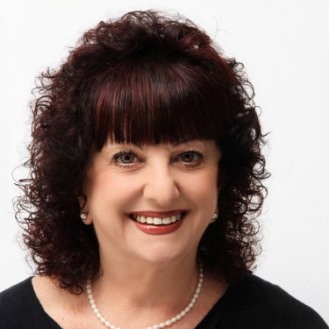
News

CT, Johannesburg – same country, continents apart
Suzanne Belling
From the Belling Tower
When I first came to settle in Johannesburg I had to learn a whole new way of life. I learnt that Shabbat doesn’t end after dinner on Friday night and that many of the practising Jews preferred synagogue attendance on Saturday mornings.
I learnt that keeping kosher did not just mean kosher meat and separating meat and milk. I learnt to examine everything for Beth Din stamps.
In Johannesburg I started attending “unveilings” instead of “consecrations”. And, at unveilings and funerals it was not okay to wear sleeveless dresses and spaghetti straps, or pants and definitely not jeans.
It is not in order to dress without modesty at funerals in Cape Town, but most people seem not to heed the instructions and up north, they tend to take tzniut more seriously. At Pinelands cemetery, I have even witnessed men wearing shorts – long shorts maybe, but shorts nonetheless.
When I went back to live in Cape Town in the earlier part of this millennium, I pointed this out to the odd people, who responded by thinking I was very odd…
They told me in no uncertain terms that at West Park it was not unknown for Jews to attend funerals and unveilings in their bowling outfits. Somehow, that didn’t seem to bug me as much, as bowling whites are usually skirts for women and long pants for men – and hats.
I was also shown proudly open boots of cars, where women kept a skirt in case they had to attend a funeral. I took to keeping an extra one-size-fits-all skirt with an elastic waist in the boot of my car in case somebody needed a loan.
Even before I was welcomed into the Gauteng observant sect, I had always been told to cover my head at a funeral, to stand apart from the men at prayers and not to wear revealing or sleeveless dresses to shul.
But, conforming in Johannesburg, I still did not make the acceptance grade in Cape Town. Actually, it is a very difficult task to be totally accepted in the Mother City. When I went back, I still had my old school friends, so I didn’t find it all that cliquey.
We were, however, seldom able to go out for Shabbat dinners (they don’t do the big lunches in Cape Town, feeling that, if they do go to shul on Saturdays, the big brocha will suffice).
Don’t get me wrong, we had invitations from the rabbi, the cantor, my best friend and two Holocaust survivors, all of whom were strictly kosher. But, sadly I had to decline others, who were not kosher or, from those who were, who were not within walking distance.
I invited people to my home more often than I do in Johannesburg, earning myself the title of the Cholent Queen. I also had a permanent guest room for my friends who came down south for barmitzvahs or weddings and needed kosher meals and a bed.
After shul we would cross the road and walk along the beach front, admiring the sea, and the males among us, in spite of their kippot, the bronzed bikini girls tanning in the sun.
“You can’t really blame them,” one of my former Glenhazel friends said.” There is spirituality here – the sea, the mountain – and the beauty of G-d’s creations makes them feel closer to Him.”
“And the warmth and hospitality of Johannesburgers makes me feel part of one big Jewish family,” I replied.
I suppose he had a point. I prefer my lifestyle in Johannesburg, where they do not look upon me as ET’s sister.
But there is nothing to beat Sir Francis Drake’s assessment of “The Fairest Cape in the entire circumference of the earth”.




